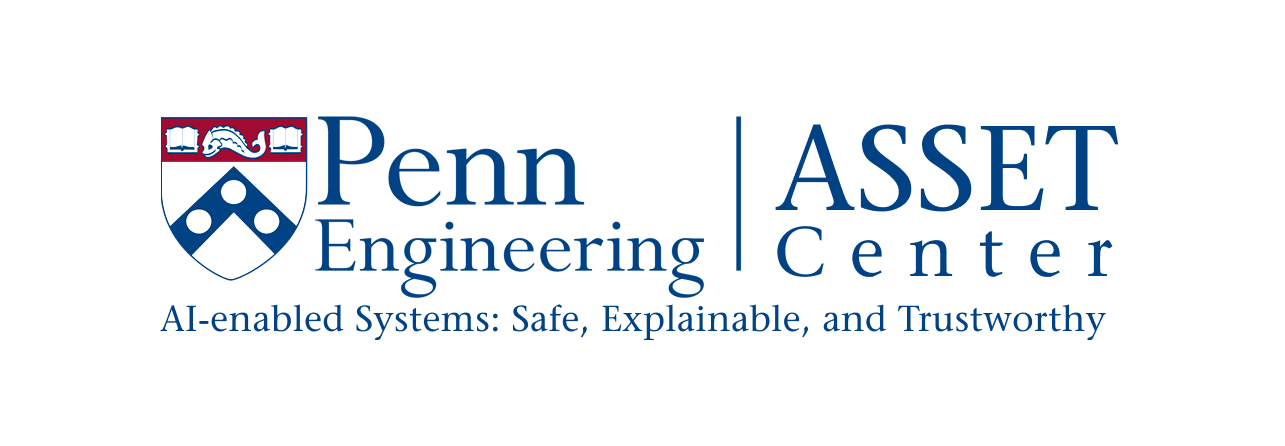
- This event has passed.
Rakesh Vohra (University of Pennsylvania): “When Is a Conformal Set, a Conformal Set?”
Abstract:
The two most popular vehicles for communicating uncertainty in the estimates of an unknown quantity are confidence sets and conformal sets. The set produced and its corresponding probability guarantee (conditional on the feature vector) depend upon assumptions the analyst has made about the underlying data generating process. For example, are the residuals independent and normally distributed? Is the data generating process exchangeable? Knowing only the underlying data upon which a model was built, how should one assess the validity of a proffered confidence or conformal set? Second, how should one use these sets to inform decision making?
Biography:
Professor Vohra is a leading global expert in mechanism design; an innovative area of game theory that brings together economics, engineering, and computer science. His economics research in mechanism design focuses on the best ways to allocate scarce resources when the information required to make the allocation is dispersed and privately held, an increasingly common condition in present-day environments. His work has been critical to the development of game, auction, and pricing theory — for example, the keyword auctions central to online search engines — and spans such areas as operations research, market systems, and optimal pricing mechanisms.
He formerly taught at Northwestern University, where he was the John L. and Helen Kellogg Professor of Managerial Economics and Decision Sciences in the Kellogg School of Management, with additional appointments in the Department of Economics and the Department of Electrical Engineering and Computer Science. He taught from 1985 to 1998 in the Fisher College of Business at Ohio State University. He earned a Ph.D. in mathematics in 1985 from the University of Maryland, an M.Sc. in operational research in 1981 from the London School of Economics and a B.Sc. (Hon.) in mathematics in 1980 from University College London.
He came to Penn as part of the Penn Integrates Knowledge program, that President Amy Gutmann established in 2005, as a University-wide initiative to recruit exceptional faculty members whose research and teaching exemplify the integration of knowledge across disciplines. His appointment is shared with the Department of Electrical and Systems Engineering in the School of Engineering and Applied Science.

